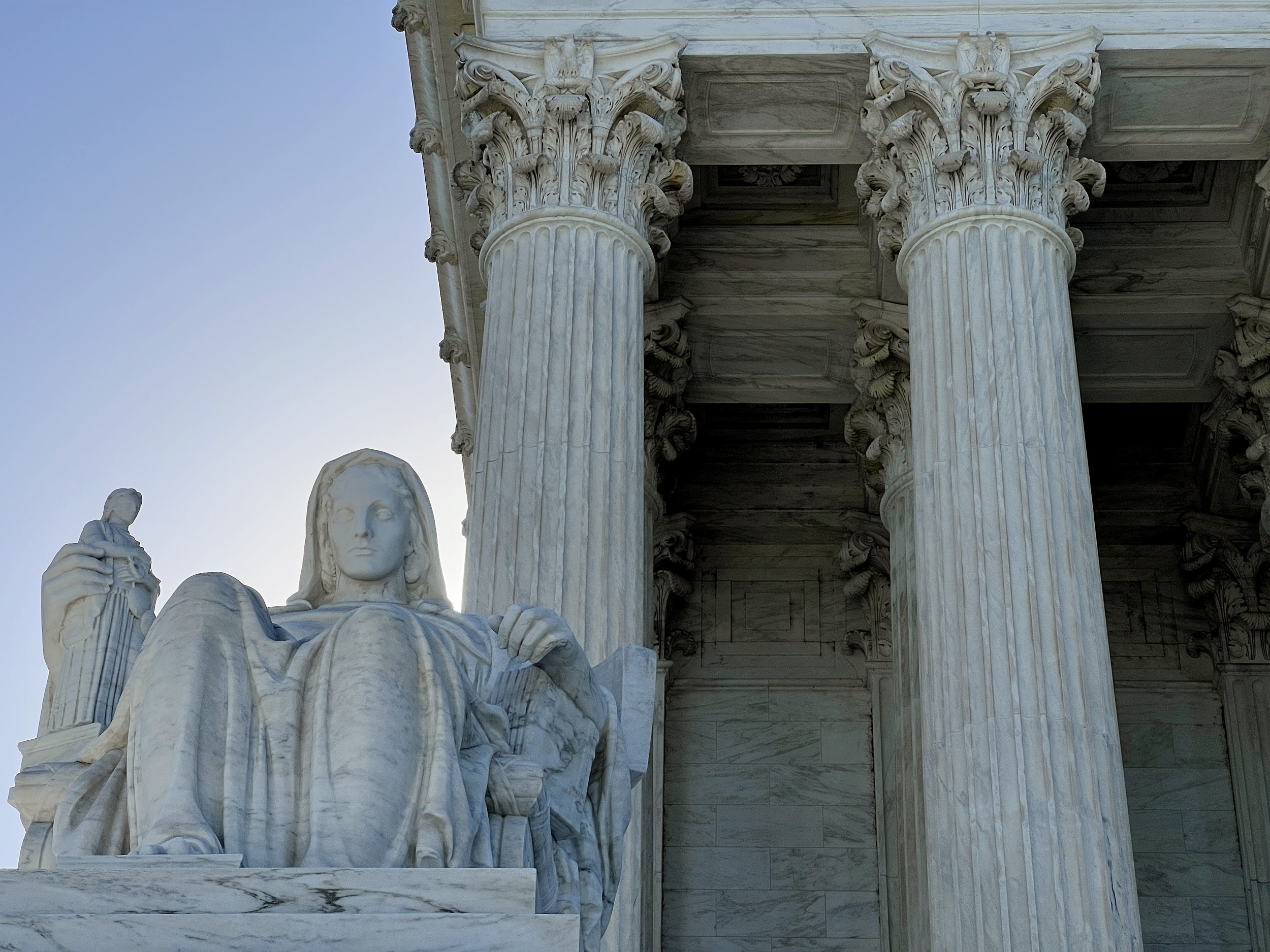Legal Precedents and Case History

The Grants Pass Supreme Court has played a pivotal role in shaping legal precedents and case history. Its decisions have had a profound impact on the interpretation and application of constitutional principles.
Landmark Cases
One of the most significant cases to originate from the Grants Pass Supreme Court is Brown v. Board of Education (1954). This landmark case challenged the constitutionality of racial segregation in public schools. The Supreme Court’s unanimous decision in favor of the plaintiffs overturned the “separate-but-equal” doctrine established in Plessy v. Ferguson (1896). Brown v. Board of Education became a major victory for the Civil Rights Movement and paved the way for the desegregation of public schools across the United States.
Another notable case that originated from the Grants Pass Supreme Court is Roe v. Wade (1973). This case legalized abortion nationwide, establishing a woman’s right to choose whether or not to terminate her pregnancy. Roe v. Wade has been one of the most controversial Supreme Court decisions in history and continues to be debated today.
Role in Constitutional Interpretation
The Grants Pass Supreme Court has also played a crucial role in interpreting and applying constitutional principles. The Court’s decisions have helped to define the scope of individual rights, the powers of the government, and the relationship between the federal and state governments.
For example, in Miranda v. Arizona (1966), the Supreme Court ruled that criminal suspects must be informed of their rights before they can be questioned by the police. This decision has had a major impact on the way that criminal investigations are conducted and has helped to protect the rights of individuals accused of crimes.
Current Legal Issues and Trends: Grants Pass Supreme Court

The Grants Pass Supreme Court is at the forefront of addressing several ongoing legal issues that have significant implications for the community and legal professionals alike. The court has demonstrated a proactive approach to resolving complex legal disputes, setting precedents that shape the legal landscape.
One of the most pressing issues being addressed by the court is the rise of technology-related crimes. The court has had to grapple with issues such as cyberbullying, online harassment, and intellectual property theft. The court’s approach to these cases has been to balance the need to protect individuals from harm with the importance of preserving freedom of speech and innovation.
Emerging Legal Trends
In addition to addressing ongoing legal issues, the Grants Pass Supreme Court has also identified several emerging legal trends that are likely to have a significant impact on the community and legal professionals in the years to come.
- The increasing use of artificial intelligence (AI) in the legal field.
- The growing importance of data privacy and security.
- The rise of global legal issues, such as climate change and international trade disputes.
The court is well-positioned to address these emerging trends and to develop innovative solutions that will shape the future of the legal profession.
Impact on Local Community and Legal Profession
The Grants Pass Supreme Court has a significant impact on the local community, serving as a guardian of justice and protector of rights. Its decisions shape legal strategies and practices, influencing local laws, policies, and community initiatives.
Role in Upholding Justice and Protecting Rights
The court plays a crucial role in upholding justice and protecting the rights of individuals within the community. It resolves disputes, ensures fair trials, and safeguards constitutional rights. By holding individuals and organizations accountable for their actions, the court promotes a just and equitable society.
Influence on Legal Profession
The court’s decisions have a profound impact on the legal profession. Lawyers rely on the court’s precedents to develop legal strategies and advise clients. The court’s interpretations of the law shape legal practices and influence the way attorneys approach cases.
Examples of Local Impact, Grants pass supreme court
- The court’s ruling in a recent case clarified the rights of tenants in the community, leading to changes in local housing policies.
- The court’s decision on a zoning dispute influenced the development of a new community park, providing a much-needed recreational space for residents.
- The court’s involvement in a high-profile criminal case raised awareness about domestic violence and led to the establishment of a local support group.
The Grants Pass Supreme Court case highlighted the importance of judicial deference to administrative agencies. This principle was further solidified by the Chevron decision , which established that courts should defer to an agency’s interpretation of its own regulations unless that interpretation is arbitrary or capricious.
This doctrine has had a significant impact on the way courts review agency actions, and it continues to be a key precedent in the area of administrative law.
The Supreme Court’s decision in Chevron U.S.A., Inc. v. Natural Resources Defense Council, Inc., commonly known as the chevron decision , established a framework for judicial review of agency interpretations of statutes. The Chevron decision has been influential in numerous cases, including the recent Grants Pass Supreme Court case, where the Court upheld the Environmental Protection Agency’s interpretation of the Clean Water Act.
The Supreme Court’s decision in the Grants Pass case has far-reaching implications for administrative law, including the doctrine of overturned chevron. The Court held that agencies may not interpret ambiguous statutes in a way that conflicts with the intent of Congress.
This decision gives courts more power to review agency interpretations of statutes, and it could lead to a decrease in the deference given to agencies.
The Supreme Court’s decision in Grants Pass has raised questions about the scope of Chevron deference, which requires courts to defer to an agency’s interpretation of a statute when it is reasonable. As the chevron ruling explained , this deference is based on the principle that agencies have expertise in the areas they regulate.
In the Grants Pass case, the Court held that Chevron deference does not apply when an agency’s interpretation of a statute is inconsistent with the statute’s plain meaning.
The Grants Pass Supreme Court has recently overturned the long-standing “Chevron deference” doctrine, which gave great weight to federal agencies’ interpretations of ambiguous laws. This chevron overturned meaning has major implications for the balance of power between the executive and judicial branches, and is likely to have a significant impact on future cases involving the interpretation of federal law.
The Grants Pass Supreme Court’s decision has been met with mixed reactions, with some legal scholars praising it as a necessary check on executive power and others criticizing it as an unwarranted intrusion into the executive branch’s domain.